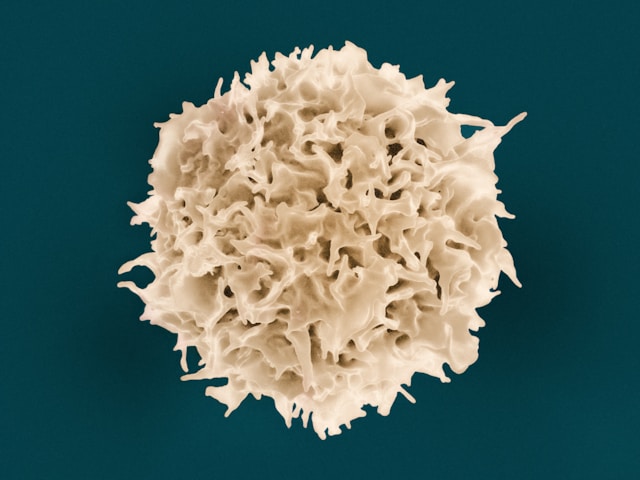


The drug Okatcil targets adults aged 26 and over who suffer from Acute Lymphoblastic Leukemia (ALL)—a fast-growing, life-threatening cancer that affects the blood and bone marrow, particularly in cases that relapse after treatment or resist initial therapies. Despite the availability of various treatment options, survival rates remain low and mortality rates high in this patient group.
Okatcil is based on CAR-T cell therapy—a form of immunotherapy that involves extracting immune cells from the patient, genetically modifying them to recognize and destroy cancer cells, and then reintroducing them into the patient’s body. This technology represents a breakthrough in personalized immune treatments, as it is tailored to suit each individual patient.
The European Medicines Agency's recommendation was based on data from a clinical study involving 113 patients under the “FELIX” trial. Results showed that around 64% of participants demonstrated a sustained response to the treatment, with an average of 14 months without disease signs or symptoms. Moreover, approximately 49% of participants experienced complete remission.
Conditional European Recommendation
Okatcil is one of the treatments backed by the European PRIME program, which supports medicines that show potential in meeting unmet medical needs. The program provides early scientific and regulatory guidance from European authorities.
Despite its effectiveness, Okatcil may cause severe side effects. Chief among them is Cytokine Release Syndrome (CRS)—a severe inflammatory reaction that can be life-threatening—and Immune Effector Cell-Associated Neurotoxicity Syndrome (ICANS), which may lead to symptoms such as headaches, confusion, seizures, and speech difficulties. Infections may also occur as complications.
The Committee for Advanced Therapies (CAT) concluded that the benefits of the treatment outweigh its potential risks—a conclusion supported by the Committee for Medicinal Products for Human Use (CHMP), which officially recommended granting the therapy a “conditional marketing authorization.”
Under this authorization, the drug may be made available on the market before complete data is finalized, on the condition that ongoing long-term monitoring confirms its efficacy and safety. The manufacturer has been requested to provide further results from the ongoing study.
While the final decision from Brussels is awaited to authorize the treatment across the EU, pricing and reimbursement will be determined individually by each member state, based on their healthcare systems and expected use of this revolutionary therapy.
Source: Euronews Arabic